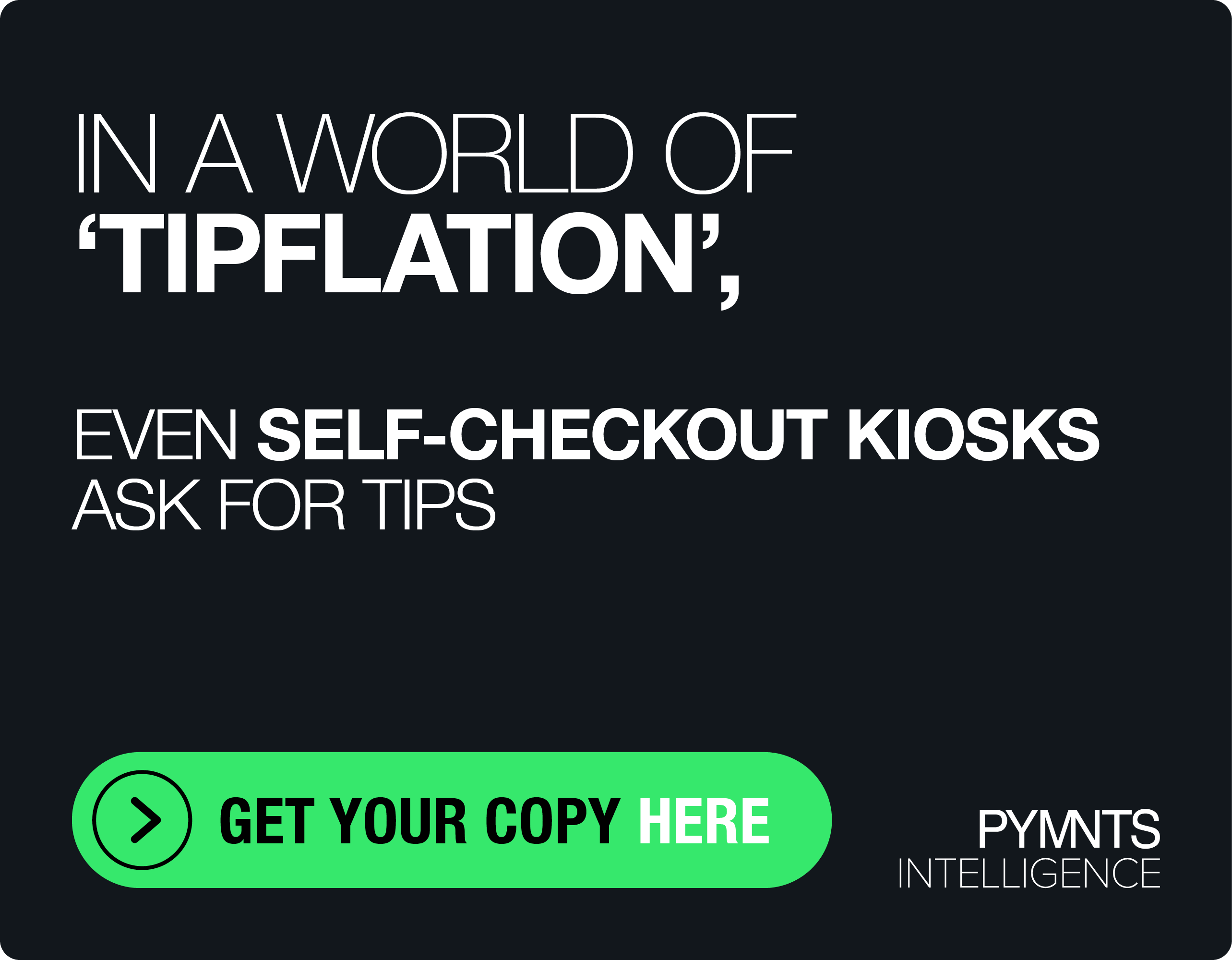Kodak Cleared Of Insider Trading Violations, Stock Soars

An independent review has cleared Eastman Kodak Co. CEO James Continenza of insider trading involving a $765 million government loan to manufacture prescription medication ingredients and caused its stock to take off, Reuters reported.
At the close, the Rochester, New York-based firm’s stock reached $8.52 on Wednesday (Sept. 16), up from $6.48 at the opening, a 30 percent rise. It marked Kodak’s best day since late-July, when news of the deal catapulted the stock to $33.20, up from $2.20 one week prior.
That meteoric rise and fall spurred House Democrats to probe the federal loan that would have allowed Kodak to produce ingredients for generic drugs and launch Kodak Pharmaceuticals.
Lawmakers raised questions about why Kodak, best known for its film and cameras, was awarded the loan. Of particular interest was how Kodak executives controlled the release of information about the loan.
Reuters reported the probe, by Akin Gump Strauss Hauer & Feld, a Washington, D.C.-based international law firm, found securities transactions made by Continenza at the time of the loan did not violate internal policies, but found gaps in Kodak’s insider trading processes.
“Whether the U.S. government accepts this analysis and restores its business relationship with the company remains an open question,” Rick Meckler, partner at Cherry Lane Investments, a family investment office in New Vernon, New Jersey, told Reuters. “For now, investors seem to feel it is worth speculating on given how high the stock rose on the initial news of the loan.”
This was not the first time Kodak had a foothold in the medicines sector. From 1988 to 1994, the company owned Sterling Winthrop, a pharmaceutical firm which made aspirin, before selling it to SmithKline Beecham in 1994 for $2.9 billion.
Kodak, once an industry leader, has lost about 80 percent of its market cap as the transaction came under scrutiny, Reuters reported.
After announcing it would give Kodak the cash to make pharmaceuticals instead of cameras, the President Donald Trump administration later put the deal on hold until Kodak was cleared, NPR reported.
